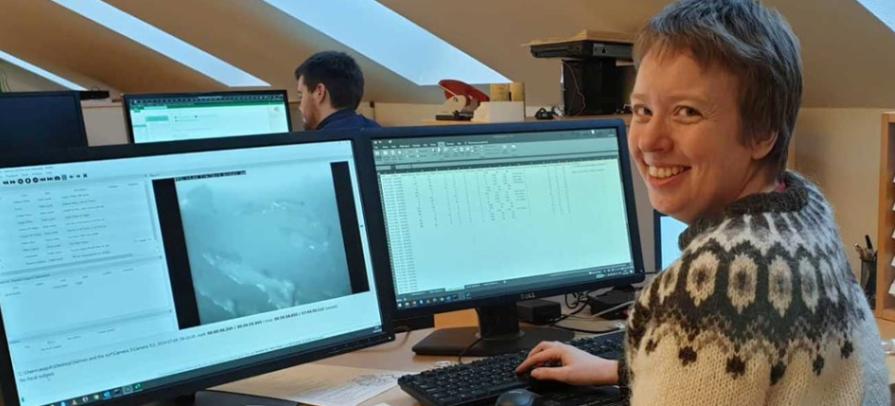Webinar: Fish welfare - Why it matters and what to consider
On February 13, 13:00 EST, Dr. Ása Johannesen, will speak at a webinar on the issue of Fish welfare - Why it matters and what to consider.
Registration and payment at https://www.petprofessionalguild.com/event-3494967
Fish have historically not been considered animals that we should care about. Only recently has the scientific community reached some sort of consensus on whether fish are even able to suffer from pain. Assuming that fish can not suffer leads people to treat them as less important and less worthy of empathy than other animals. However, animal welfare legislation in many countries includes fish under the umbrella of vertebrates, limiting what scientists are able to do and setting minimum care requirements for people who keep fish.
Perhaps hypocritically and at least counterintuitively, fish welfare in commercial fisheries is never brought up. Sometimes, there is a debate on the ethics of angling and survival studies of released fish are carried out to assess the impact of catching fish and releasing them. However, angling is only a small way in which humans affect fish welfare. We also farm fish and we keep them as pets. Assuming that fish welfare does matter, what should we do? This webinar will cover some of the things to take into consideration in terms of fish welfare. This will cover “ethical eating”, keeping pet fish, and interacting with fish in nature.
Learning Objectives
- A history of animal welfare ethics, specifically as it pertains to fish
- The biological basis for caring about fish welfare
- Practical considerations for how to cause least harm to fish
About The Presenter
Ása Johannesen is a fish welfare scientist working with welfare in farmed fish. She has a PhD in behavioural ecology and has previously trained in animal behaviour and welfare including a BSc with a focus on domestic and captive animals. Having worked for several years with lumpfish, a species that is new to aquaculture, Ása is currently focusing on new challenges for salmon in traditional aquaculture. When she's not working, she enjoys spending time and caring for her cat, dog, and husband in addition to many plants.
